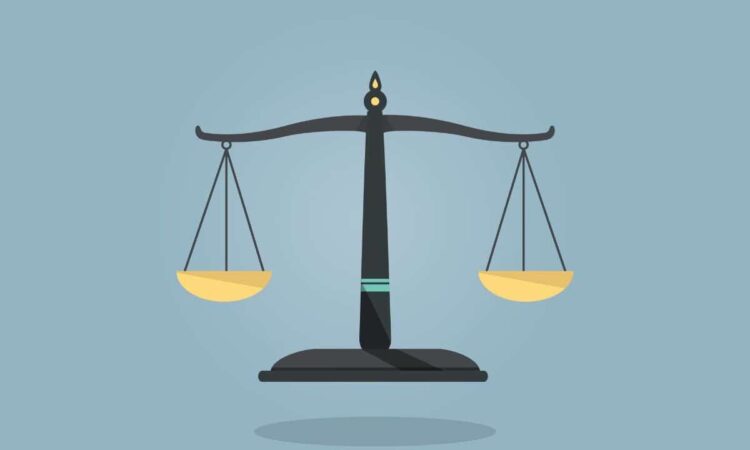In a noteworthy breakthrough, the committee responsible for preparing the Uniform Civil Code draft has submitted its document to Chief Minister Pushkar Singh Dhami in Dehradun. This comes ahead of a special four-day session, beginning in the Uttarakhand Assembly from February 5 to 8, where the legislation will be passed.
The UCC draft, expected to be approved in a cabinet meeting on Saturday, is likely to be tabled in the form of a bill on February 6.
Bharat is a land of diversity. Implementing the Uniform Civil Code, for which Common Civil Code is the more apt term, has been a challenge, keeping into account the complex layers of the diversity we live in. The CCC is not a novel concept but is enshrined in the Constitution, after going through multiple discussions since the days of colonial rule. Forefathers of the Constitution envisioned it as a part of the laws which govern the land. It’s not just a legal term; it’s a call to safeguard the very essence of our shared humanity.
The Common Civil Code’s vision is to ensure that regardless of our diverse religious backgrounds, we’re all bound by a common set of laws which safeguard our fundamental rights. It aims to knit together the fabric of our society, addressing matters like marriage, divorce, inheritance, maintenance, and adoption with a shared understanding for all citizens.
The Code aims to constitute a common framework for all citizens, regardless of gender, religion and caste. The Article 44 in the Directives Principals of State Policy, in part IV of the Constitution clearly states that “the State shall endeavour to secure for the citizens a uniform civil code throughout the territory of India”.
As of latest update, the report submitted to Chief Minister Dhami suggested making practices like halala, iddat and triple talaq as punishable offence. Notably, in the latest draft presented to the Uttarakhand Government, tribal communities, which constitute 2.9 per cent of the state’s population, are recommended for exemption from the UCC. It also advocates for a uniform legal age for marriage for both men and women, regardless of religious affiliation.
However, the UCC isn’t a mere legal concept. It is an earnest attempt to inculcate gender equality, social justice, and harmony into the society, metamorphosing these concepts into shared experience rather than words.
The UCC echoes the preamble’s sentiment, encapsulating the spirit of “we the people of India”. It expands the horizons of our democracy, making sure that every citizen, regardless of background, has an equal and dignified role to play in our nation’s democratic practices.
At present, some of the communities existing in the country navigate laws and customs through their distinct personal laws. Only the Hindu personal laws are neatly codified, leaving others to follow their religious and customary laws. With the implementation of Common Civil Code, it will be ensured that these diverse laws harmonise with the spirit of our Constitution. Contrary to misconceptions, the CCC isn’t about taking away anyone’s rights. Instead, it’s about extending rights to some sections of our society, especially women and children, which are yet to enjoy fully due to outdated, discriminatory practices within certain communities.
Let us understand that the UCC does not stand against our traditions and our ethos. In fact it acts as a catalyst in protecting them, and declares constitutionally deviant practices as non-enforceable in the court of law. Tribal customs, protected by our Constitution, remain untouched, respecting the rich diversity of our nation.
By embracing the UCC, we stride towards empowering our nation to champion a broader spectrum of human rights, aligning our practices with the principles of the Universal Declaration of Human Rights. It’s about time we shed practices that, unwittingly, stand against the very spirit of human rights.
At the heart of it the UCC stands for equality. It’s about treating the rights of both the majority and minority communities with the same level of importance. In the words of our Constitution’s Article 14, it’s about ensuring that every citizen stands on an equal footing.
In a nation as diverse as ours, the CCC becomes a shield against denying constitutional remedies based on cultural or identity tags. It aims to eliminate discrimination, fostering a society where each citizen is treated not just as part of a community but as an equal and unique individual.
Consider this – Bharat already operates under numerous enactments that suggest the practical existence of a Common Civil Code. Marriage, adoption, inheritance, and succession are just a few aspects of life where a comprehensive civil law can further enhance human dignity.
It’s a call to bridge hearts, making our society not just legally uniform but united in the warmth of shared rights and dignity.

















Comments